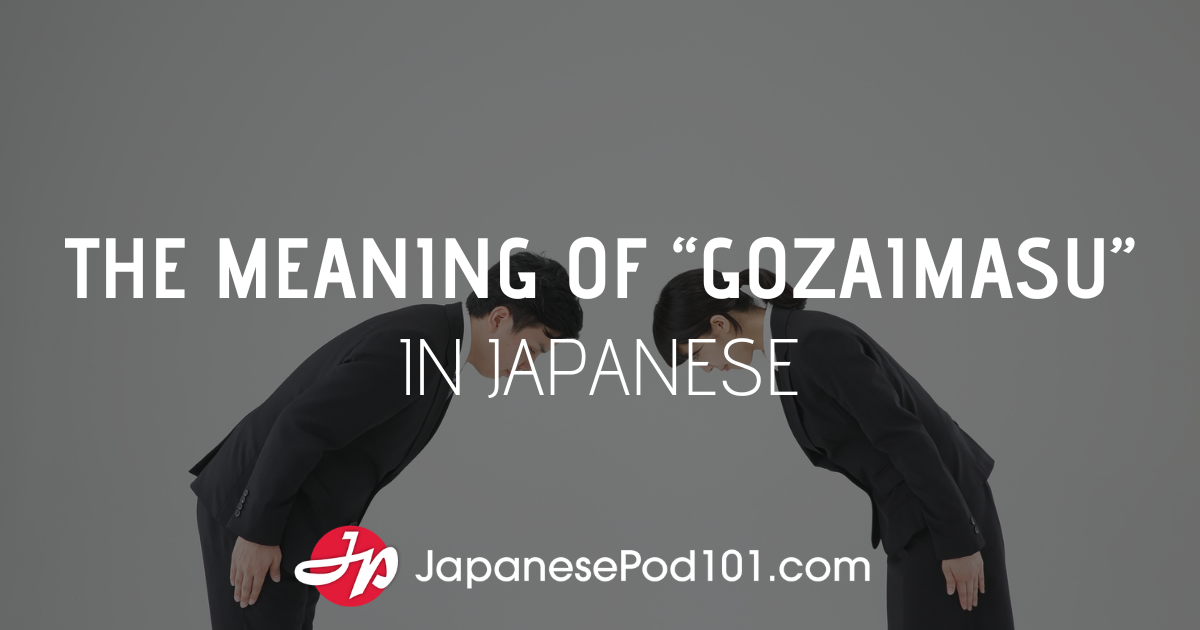| Quick Links Welcome to Kanji Curiosity | The Basics | Glossary |
This week, as the United States ushers in a new president and a new era, it seems appropriate to focus a bit on politics. Here are three political words that intrigue me:
共和党 (kyōwatō: Republican Party)
together + harmony + factionThe breakdown gives us “harmony together”! And the first two kanji mean “cooperation”! Sounds like socialism to me!
進歩的 (shinpoteki: progressive)
to progress + progress + adjectival suffixThe Japanese word for “progressive” actually involves “progress,” 進歩. Strangely, the progress seems to come not from running but rather from walking (歩)! (Although 歩 generally means “to walk,” it means “progress” in this case.) That sounds like very slow progress indeed. After all, “snail’s pace” also involves the “walk” kanji, as well as the character for “cow”: 牛歩 (gyūho: snail’s pace, slow progress, cow + to walk). Actually, that brings us right back to politics. Check out this word:
牛歩戦術 (gyūho senjutsu: snail’s pace tactics; walking slowly when voting in the Diet to delay proceedings)
snail’s pace (1st 2 chars.) +
tactics (last 2 chars.)The last two kanji, 戦術 (senjutsu: tactics), break down as battle + technique.
保守的 (hoshuteki: conservative)
to conserve + to protect + adjectival suffixJust as “progressive” includes the kanji for “progress,” the compound for “conservative” actually includes the kanji for “conserve.”
The last compound interests me most of all, particularly the first character:
保 (HO, HŌ, tamo(tsu): to preserve, conserve, protect, keep, maintain unchanged, insure, guarantee)
Here’s what caught my attention:
• The kanji 保 can mean “to protect,” just as 守 does. I like when two kanji have the same meaning and then hook up in a compound. It’s as if two cousins have found each other and bonded—or as if the kanji gods were throwing the multiplicity of kanji in our faces.
Other Times 保 Unites with a “Cousin” …
• I never seem to remember 保 when I see it. It’s too graphically simple: a person (
), a mouth (口), and a tree (木). What could that mean? Everything. Nothing. It’s kind of like 休 (KYŪ, yasu(mu): to rest), but it’s not. And it’s like 体 (TAI, karada: body), but not. The character 保 looks simple enough to be one of the first kanji one learns (in a course based on simplicity of forms, anyway), so one feels one ought to know it….
Henshall on the Etymology of 保 …
I’d like to spend some time with 保 today and burn it into my brain. There’s just one problem. This kanji isn’t that exciting. It factors into a lot of words about insurance! Here’s a common one:
保険 (hoken: insurance) to insure + danger
The second kanji here is the same as in 危険 (kiken: danger, dangerous + danger).
By the way, be sure to distinguish this hoken from its synonym:
保健 (hoken: (preservation of) health, sanitation)
to preserve + health
And if you invert that word, you come back to the subject of insurance (from which I guess there’s no escape in an adult’s life!):
健保 (kenpo: health insurance, short for 健康保険, kenkō hoken: health + healthy + to insure + danger)
As you may have guessed, 健康 (kenkō) means “health.”
Certainly, insurance is a useful thing, and you may very well want to know how to talk about related concepts of maintenance, security, preservation, and the like. If so, check the link.
After all, it’s sometimes necessary to keep things as is, to protect the status quo. Consider these terms, for instance:
平和を保つ (heiwa o tamotsu: to keep the peace)
peaceful + peace + to maintainA lovely idea!
保身 (hoshin: self-protection) to protect + self
Also a great idea!
保温 (hoon: keeping warm, insulation) to keep + warm
Fantastic compound! It’s about keeping objects warm, not one’s body, but I still really like the verbal equation.
保護鳥 (hogochō: protected bird)
to care for + to protect + birdLove the internal rhymes here! Considering the pace at which we’re losing species (unfortunately not a snail’s pace), I also very much like the idea of protecting birds. The first two kanji, 保護, combine to mean “care, protection, shelter, guardianship.” And the verb 保護する (hogo suru) gives us another way to say “to protect,” as does 護 in its kun-yomi form of mamo(ru). That fact might bring to mind 守, which we saw above; it too has the kun-yomi of mamo(ru) and means “to protect.” And of course 保 can mean “to protect.” That brings the grand total of “protect” synonyms to four in this blog alone!
But maybe everything isn’t worth protecting and keeping safe:
保菌者 (hokinsha: carrier (of a disease))
to keep + bacteria + personIf a person keeps bacteria safe and sound, the person isn’t necessarily safe and sound, and neither is anyone else!
Time for your Verbal Logic Quiz!









